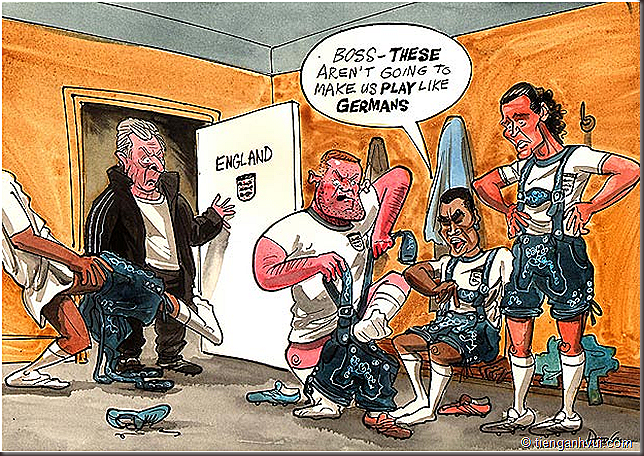Xin chào!
Bạn có thích nhạc của những thập kỷ 70 thơ mộng không? Hãy cùng nghe những bài “Hit” của Dona Summer , nũ hoàng dòng nhạc Disco nhé!
Học anh văn vui bằng cách nghe nhạc .
Listen
Donna Summer performs at the conclusion of the Nobel Peace concert in Oslo, Norway, on December 11, 2009
TEXT
How many of you like disco music from the 1970s, or are old enough to remember it? Singer Donna Summer was the queen of disco with hits like "Love to Love You Baby," "Hot Stuff," "She Works Hard for the Money" and "Last Dance." She died Thursday in Florida at the age of sixty-three. People close to her say she had cancer for some time but tried to keep the extent of her illness private.
She Works Hard for the Money
Songwriters: OMARTIAN, MICHAEL / SUMMER, DONNA
She works hard for the money
So hard for it honey
She works hard for the money
So you better treat her right
She works hard for the money
So hard for it honey
She works hard for the money
So you better treat her right
Onetta there in the corner stand
And wonders where she is and
It's strange to her
Some people seem to have everything
Nine a.m. on the hour hand
And she's waiting for the bell
And she's looking real pretty
Just wait for her clientele
She works hard for the money
So hard for it honey
She works hard for the money
So you better treat her right
She works hard for the money
So hard for it honey
She works hard for the money
So you better treat her right
Twenty eight years have
Come and gone
And she' seen a lot of tears
Of the ones who come in
They really seem to need her there
It's a sacrifice working day to day
For little money just tips for pay
But it's worth it all
Just to hear them say that they care
She works hard for the money
So hard for it honey
She works hard for the money
So you better treat her right
She already knows
She's seen her bad times
She already knows
These are the good times
She'll never sell out
She never will
Not for a dollar bill
She works hard
She works hard for the money
So hard for it honey
She works hard for the money
So you better treat her right
She works hard for the money
So hard for it honey
She works hard for the money
So you better treat her right
She works hard for the money
So hard for it honey
She works hard for the money
So you better treat her right


 8:18 PM
8:18 PM
 Man on Net
Man on Net




















